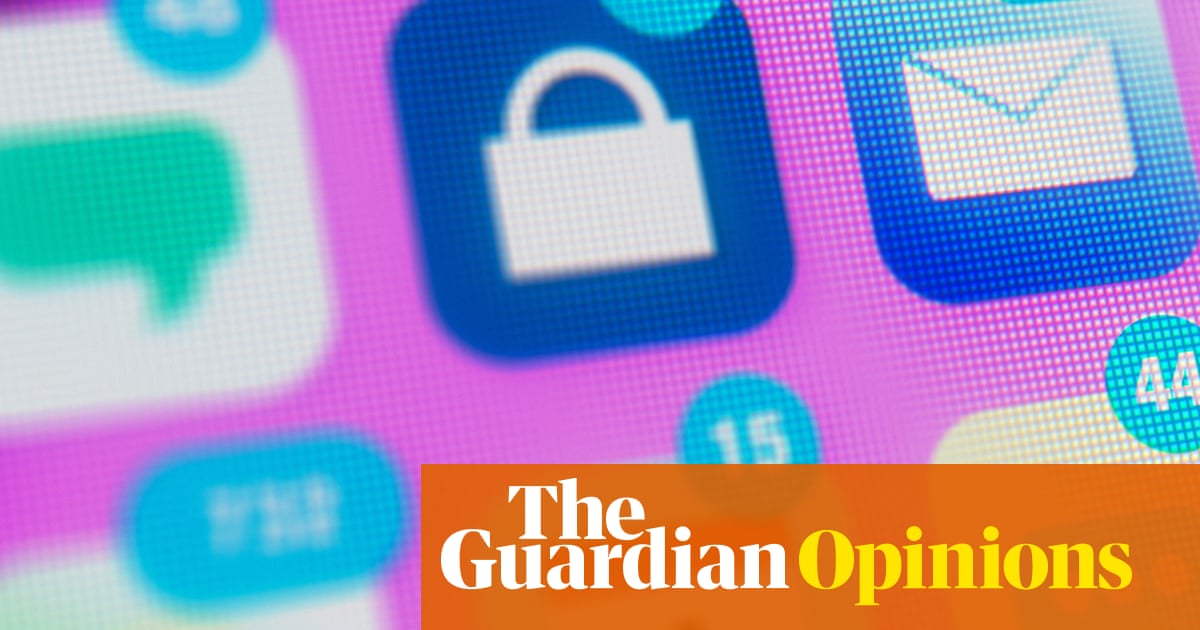A friend messaged me the other day. I saw it. I didn’t reply. A week later, I finally responded with the classic:Sorry for the late reply, just got to this.
She called me out.You didn’t just get to this,she said.I saw the double ticks.
Damn. She was right. I’d opened it. I’d registered it. But I’d also shelved it. It needed aproperreply, and at that moment, I wasn’t equipped.
Maybe it got lost between revisiting pictures from 2016 and the reminder I set to cancel my Nibble app 7-day trial on day 6. Maybe I got a call? Perhaps I’d wanted to sink back into that Substack article about reclaiming attention, ironically while stillonsocial media. Maybe I was working one of the four jobs I need to survive under capitalism’s boot heel. Maybe I was doing nothing?
Does free time now equal availability?
I get a ping from the family group chat, which doubles as an IT helpdesk for my mum. My best friend just FaceTimed me about a White Lotusepisode, and another left a voice note crying about a possible diagnosis. All this, lodged between videos of cats and genocide.
The boundaries between reception and responsehave collapsed.
I’m switching lanes like a Subway Surfer. Digital whiplash has branded itself on to my cheek. My psychological tabs are maxed out, and there’s no alert to clear storage or update my internal OS.
I can’t tell it’s happening, but it creeps in and settles into a quiet, directionless overwhelm, a kind of existential buffering I’ve started to call “multiverse fatigue”.
No tab to close. No log-out option. Too many realities to keep up with.
Who am I? The funny friend? The unreliable co-worker? The negligent daughter? The inconsistent self. Also, why do I know about a dog’s birthday in Kampala?
According to a 2022 Pew Research survey, more than 70% of people aged between 18 and 29 feel pressure to reply to texts or DMs quickly.Because weappearonline, we’re assumed to be free. I feel guilty posting an Instagram story because everyone will see I’m online and not assume I’ve been mauled by a gorilla.
Korean-born German philosopher Byung-Chul Han, in his seminal book The Burnout Society, argues that modern life has shifted from a disciplinary society (where we were toldwhat not to do) to an achievement society (where we are constantly encouraged todo more, be more, connect more). This shift creates a culture of self-surveillance and exhaustion masked as freedom.
One of the subtler, more insidious consequences of this shift is the way intimacy becomes emotional labour. We don’t just connect – we manage, curate and optimise our availability.
To Han, replying, whether to a message, a comment, or an invitation, is no longer just a communication act. It becomes a micro-performance of care, kindness or presence. We reply to show we are good friends, good partners, good people. Andnotreplying becomes a moral failure, a small social sin.
This turns intimacy into a transactional loop of “positive affect obligation” – our perceived duty to be friendly, responsive and emotionally available, often at the cost of our own rest, clarity or boundaries.
The burnout of our age, Han writes, doesn’t come from external repression but from internal overproduction. We are not crushed by the lash; we are fried by the light, the constant buzz of notifications, the tyranny of being reachable, and the invisible expectation to always beon.
A co-worker once saw a guy on Hinge whose bio read:5’11, larrikin, bad replier. Like it was a personality trait. A pre-emptive disclaimer. A soft boundary. (Red flag? Probably. But I get the fatigue, sir, I get it.)
In today’s culture, your responsiveness equals your worth. It’s a proxy for your love, your professionalism, your care.
And Idocare. I love the people in my life. But to be in constant rotation, always switching modes, always logging into another version of myself? I’m tired, man. I’m tired.
You’re not unreliable. The human brain just wasn’t built for this.
According to the American Psychological Association, task-switching reduces productivity by up to 40% and increases mental fatigue. Psychologists call it “attention residue”, a mental hangover that lingers after leaving one task (or identity) and moving to the next. You might be deep in work when a notification pops up; suddenly you’re scrolling, replying, tapping. By the time you return, your body’s at the desk, but your mind’s still catching up.
Replying is not neutral. It takes a toll, especially when you’re juggling so many selves. It starts to make you a little nihilistic.
Being connected is beautiful. But I want to spend my best energy on a world I can actually touch. So what’s the fix? That’s another article. But for now, here’s a start:
Take your time getting to messages.
Use discernment to decide which ones need your attention now.
Don’t ghost.
Most of us aren’t avoiding people, we’re overwhelmed. Ghosting isn’t always cruelty; sometimes it’s collapse.
But let’s be honest: silence isn’t clarity. It’s avoidance dressed up as boundary-setting. It doesn’t spare someone’s feelings, it just leaves them with unanswered questions and a story they have to finish alone.
So don’t leave them hanging. Flag your state. Set your boundary.
I’ll even write it for you. Feel free to copy and paste:
“Hey, just a bit busy right now! I’ll get to this when time frees up.” Smiley face or heart emoji optional. :) <3
Miski Omar is a speech pathologist, writer and director from Sydney
